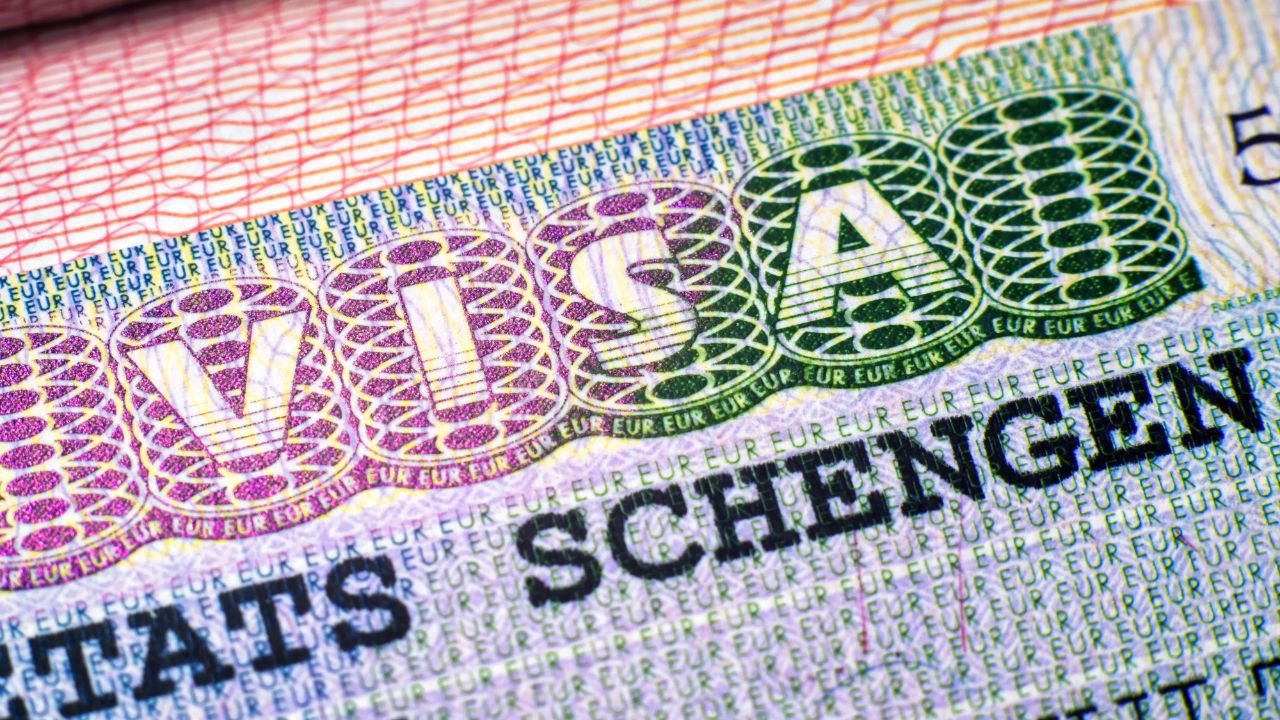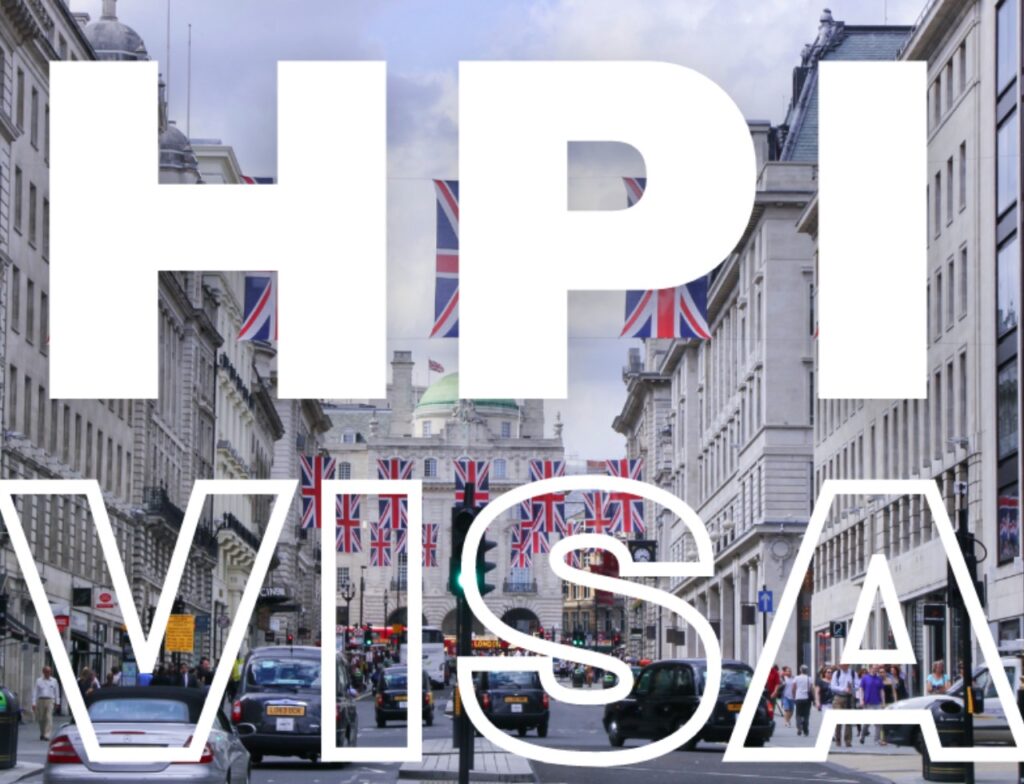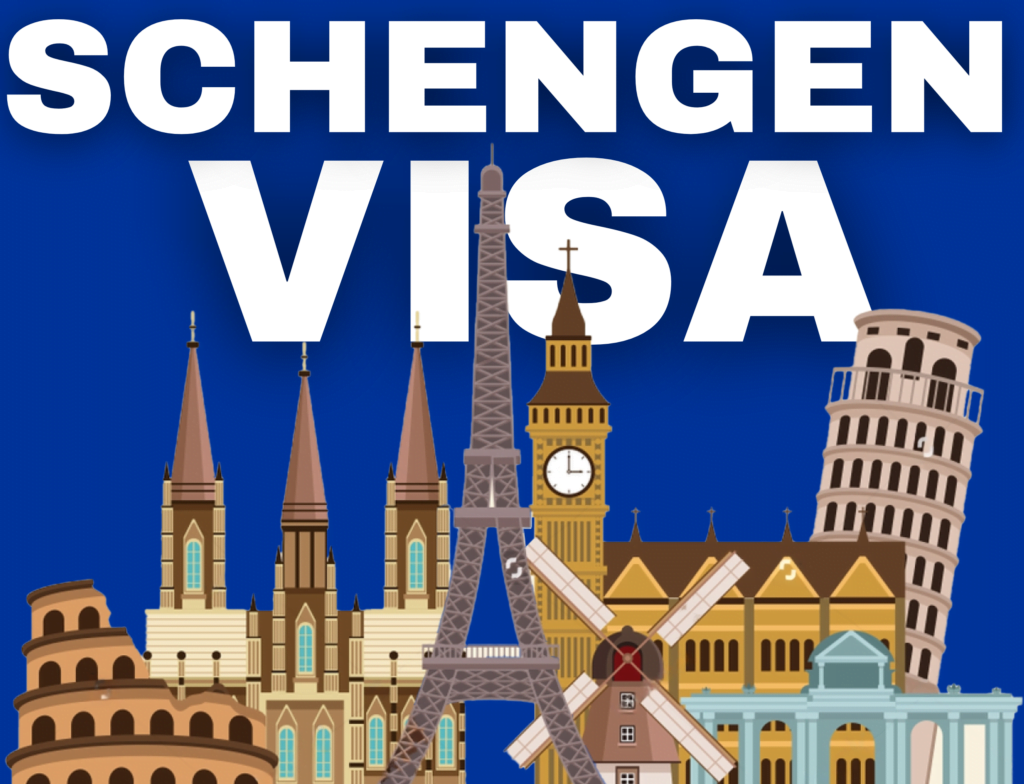It is also very vital to pay close attention when applying for this type of visa, called a Schengen visa. It is frustrating to be turned down, but identifying the typical rejection causes and belonging to the right next course of action increases the chances of success.
To illustrate this concept, here are some of the most typical causes of Schengen visa rejection:
1) Incomplete application forms
All entries in the application forms must be correctly completed. Some colleges assign specific numbers or codes to certain options, and if the applicant fails to fill in the required details or even leaves any field empty, then his or her application is automatically rejected.
2) Incorrect or inconsistent information
Misinformation in the form of claiming wrong work and travel habits, wrong date of birth, wrong dates of travel, previous travel history, or any related disease or contact are the major reasons that give rise to suspicion leading to denial.
3) Insufficient financial proof
To prove that you have enough funds to support yourself during your stay, you are required to do so. Details such as bank statements, salary slips, and sponsor letters should show enough financial status.
4) Invalid travel insurance
Entry to the Schengen area is allowed if the holder can produce travel insurance of not less than €30,000 for medical charges. Evidence of a lack of or invalid insurance may lead to rejection.
5) Lack of Accommodation Proof
Let me also make it clear that you must provide proof of accommodation for all days that you plan to spend in the country. It could be hotel accommodation, a host’s invitation, or a rental contract.
6) Missing Flight Itinerary
Lastly, it is non-negotiable to be able to give a detailed travel plan together with confirmed flight bookings; it is not necessary; it has to be ticket booking.
7) Inadequate Purpose of Visit Explanation
Nothing is more important than declaring the intention of the visit accompanied by legal documents such as an invitation letter if it is a business visit, conference details if it is a conference visit, or the travel plan if it is a visit to a country for tourism.
8) Applying Too Early or Too Late
Both short-term and long-term visa applications must be submitted within the period stipulated by the Schengen regulations, which is more than six months but not more than six months prior to the date of anticipated travel.
9) Ignoring Embassy/Consulate Instructions
Depending on the country, they may have the Schengen Visa, and there can be specific rules for every country in the Schengen area. Some of them are as follows: Failure to adhere to any of the above may lead to rejection.
10) Insufficient Documentation
An applicant must produce all relevant documents as stated by the agency. Lack of a single document may cause rejection of the request, hence the need to be very keen.
What to Do If Your Schengen Visa is Rejected
In response, you will receive a letter rejecting your input, and the reasons will be provided. If you get a chance to try it again, you might be able to fix some of these in your next attempt.
Address the issues.
Resolving the issues mentioned in the rejection letter This is the fourth in sequence, and the next stage is to correct the issues mentioned in the rejection letter. This might involve furnishing supplementary records or their amendments if the information was submitted inaccurately.
Reapply
Embassies and consulates do not require a minimum number of days to reapply for a passport once the previous one is lost. However, they should meet all the issues before applying again to avoid falling into a similar problem.
Appeal the decision
If you consider that the rejection was unjustified, you are granted the opportunity to apply for reconsideration. The appeal procedure differs from country to country, so the process must be in line with the country’s regulations set by the consulate.
Seek professional advice
It is therefore advisable to seek assistance from a visa expert or immigration lawyer in order to enhance the chances of success and also to ensure the dismissal of certain factors that can lead to a negative result.
How to Find Out If Your Schengen Visa Application Has Been Declined
Notification: The Embassy or consulate will send you a rejection letter that spells out the reason why your visa application has not been accepted.
Status Check: On occasion, you can find out about the progress made towards preparing or processing your visa online in some countries.
Conclusion
It is not always possible to get a Schengen visa, and it is perfectly natural to feel disappointed in such a situation; however, knowing how and why the denied application happened can help make the next attempt successful. Summarise it like this: Always make sure to have filled out all the necessary sections, provided all the required information, and enclosed all relevant documents.





